Understand the Science behind the slogan space weather and the state-of-the-art actions for mitigating its effect on critical infrastructure.
Space weather refers to the variation of the Sun’s activities, the response of the Earth to such variations and the resultant effect on life and society on Earth. Broadly speaking, it is the occurrences in the solar atmosphere and near-Earth space environment that can influence the performance and reliability of space-borne and ground-based technological systems. Some aspects of space weather are known to be benevolent and allow activities not otherwise possible like long range radio communication, some are benign but fascinating such as aurora and some are malevolent. As a key element of the National Space Strategy of the UK government, discussions around the subject of space weather have now graduated from just the scientific community to the agenda of government and topics in citizen science. Ensuring resilience to the effects of space weather is currently a multimillion-pound endeavour requiring the contributions of government agencies, academic institutions, local, national and international companies.
On 7th December 2023, The Institute of Cosmology and Gravitation (ICG) of the University of Portsmouth and Space South Central will hold a discussion session on space weather. This event will highlight areas of studies and collaborations on space weather, underpin current developments in building resilience for space weather, highlight the ambitions of the UK, and explore available funding opportunities and possible involvement for local companies.
Speakers
Professor Jim Wild (Lancaster University) Jim Wild is a scientist studying the space environment and the links between the Sun, the Earth and other planets. Jim studied for a degree in Physics with Space Science and Technology before completing a doctorate in solar-terrestrial physics at the University of Leicester. He is now the Professor of Space Physics at Lancaster University’s Department of Physics.
Dr Olugbenga Olumodimu (University of Portsmouth) Gbenga is the lead on hardware and functional test facility pillar of the University of Portsmouth Research Institute for space mission (PRISM). His PhD researched theeffect of space weather phenomenon on critical infrastructure.
Gwyn Griffiths is a citizen scientist active in studies of the effects of space weather on radio communications via the ionosphere. He is a corresponding member of the Radio Society of Great Britain's Propagation Studies Committee and the US-based HamSci initiative. Gwyn's profession was oceanography, as Chief Technologist at the National Oceanography Centre and Professor of Underwater Systems at the University of Southampton.
Agenda:
12.45 - arrival tea and coffee
13.00- Introduction to event (David Bacon)
13.10- Space Weather and the space environment
13.30- Q&A
13.40 - Gwyn Griffiths- Effects of Space Weather on radio communications
14.00- Q&A
14.10- Jim Wild
14.55- Q&A
15.10- networking
15.30- Close of event

